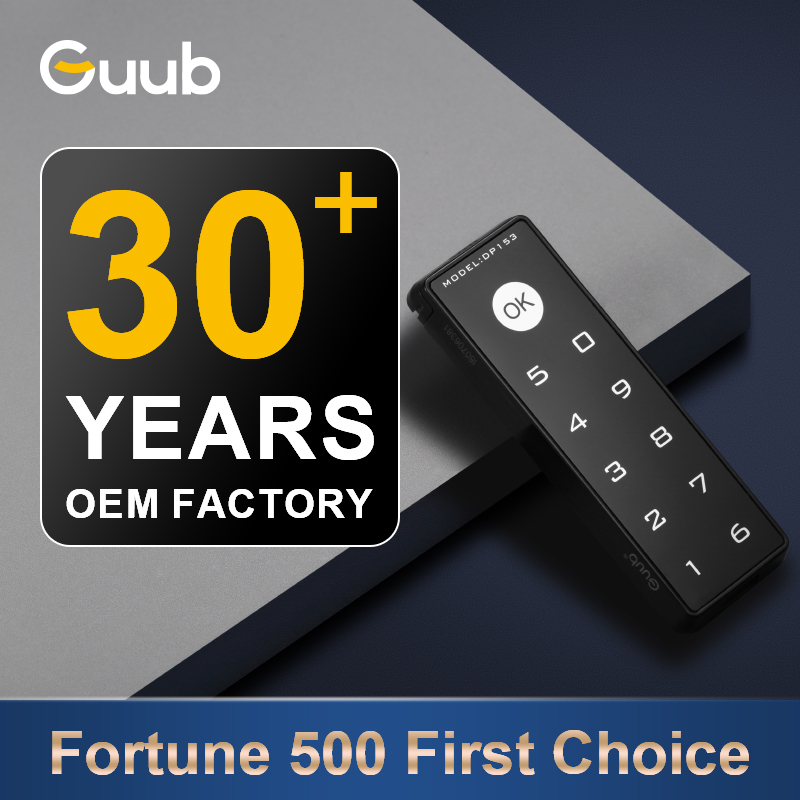
Comparing Mechanical Locks and Smart Locks: Which One is Right for You?
In the modern age, securing your home or office has evolved far beyond the traditional mechanical locks we’ve used for centuries. With the advent of smart technology, smart locks have emerged as a modern alternative, offering a range of features designed to enhance convenience and security. But are they really better than traditional mechanical locks? Let’s dive into a comparison of mechanical locks and smart locks to help you decide which is best for your needs.
Mechanical Locks: The Classic Solution
Mechanical locks have been around for hundreds of years, providing reliable and simple security. They operate on a straightforward mechanism: turning a key to align pins inside the lock and either open or secure a door. While there are different types—such as pin-tumbler locks, deadbolts, and mortise locks—the core function remains the same: providing a physical barrier against unauthorized access.
Advantages of Mechanical Locks:
- Simplicity and Reliability: Mechanical locks are tried and tested. They don’t require batteries, software, or an internet connection, making them incredibly reliable.
- Affordability: In general, mechanical locks are cheaper than smart locks, both in terms of purchase price and installation costs.
- No Dependency on Power: Mechanical locks will work even during a power outage, ensuring you can always lock and unlock your doors.
Disadvantages of Mechanical Locks:
- Key Management: With traditional locks, you rely on physical keys. If you lose your key or forget to carry it, you might be locked out. If a key is stolen, your home or office could be at risk.
- Limited Features: Mechanical locks can only provide basic security. They don't offer any advanced features like remote access, activity logs, or integration with home automation systems.
Smart Locks: The Future of Security
Smart locks, as their name suggests, use advanced technology to provide more convenient and secure methods of locking and unlocking doors. These locks typically rely on Bluetooth, Wi-Fi, or Z-Wave connections, allowing you to control them via a smartphone app, voice assistant, or even automatically based on your location.
Advantages of Smart Locks:
- Convenience: One of the most significant benefits of smart locks is convenience. You can lock or unlock your door remotely using your phone or even just with your voice via smart home systems like Amazon Alexa or Google Assistant. You don’t need to carry keys, and you can grant access to others without being physically present.
- Enhanced Security Features: Many smart locks come with features such as keyless entry, activity logs, and integration with security systems. Some even allow you to create temporary access codes for guests, ensuring that your home is more secure and giving you control over who enters.
- Access Control: You can easily give access to family members, friends, or service personnel without the need for physical keys. Temporary access codes or virtual keys can be created and sent to anyone who needs access, and they can be revoked after use.
- Integration with Home Automation: Smart locks can often be integrated with other smart devices in your home. For example, you can automate locking and unlocking based on your schedule or when you arrive or leave home.
Disadvantages of Smart Locks:
- Dependency on Technology: Smart locks rely on power, Wi-Fi, and sometimes internet connections. If your Wi-Fi goes down or the lock runs out of battery, you could find yourself locked out or unable to use your lock remotely.
- Higher Cost: Smart locks tend to be more expensive than mechanical locks, both in terms of the initial cost and maintenance. Some models also require professional installation, adding to the overall cost.
- Security Concerns: While smart locks can offer enhanced security features, they are not without their vulnerabilities. Hackers can potentially exploit flaws in the software or connections, leading to security risks. Additionally, if someone gains access to your phone or account, they may be able to unlock your door remotely.
Which One Should You Choose?
The choice between a mechanical lock and a smart lock largely depends on your specific needs and preferences.
- For Traditionalists: If you prefer simplicity, reliability, and lower costs, a mechanical lock is probably the way to go. It's ideal for those who don't want to rely on technology or deal with the potential complications of smart devices.
- For the Tech-Savvy: If you value convenience, advanced features, and integration with other smart home devices, a smart lock could be a great investment. It’s perfect for those who want to enhance security while enjoying modern technological benefits.
- For Security Enthusiasts: Some people might choose a hybrid approach, using both mechanical and smart locks. For example, a strong deadbolt (mechanical lock) combined with a smart lock for additional convenience and access control offers the best of both worlds.
Conclusion
Both mechanical and smart locks serve their purpose well, and the right choice depends on your personal preferences and requirements. Mechanical locks are still a solid, reliable option for many, while smart locks are ideal for those looking for modern, tech-driven solutions. Whichever you choose, make sure that your lock system fits your security needs, lifestyle, and budget.
Post time: Nov-22-2024
